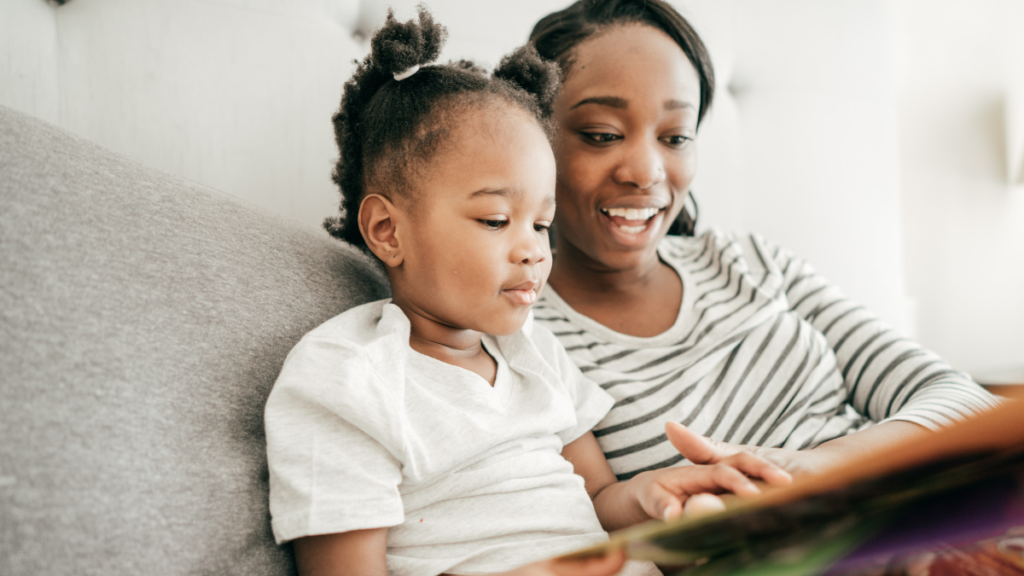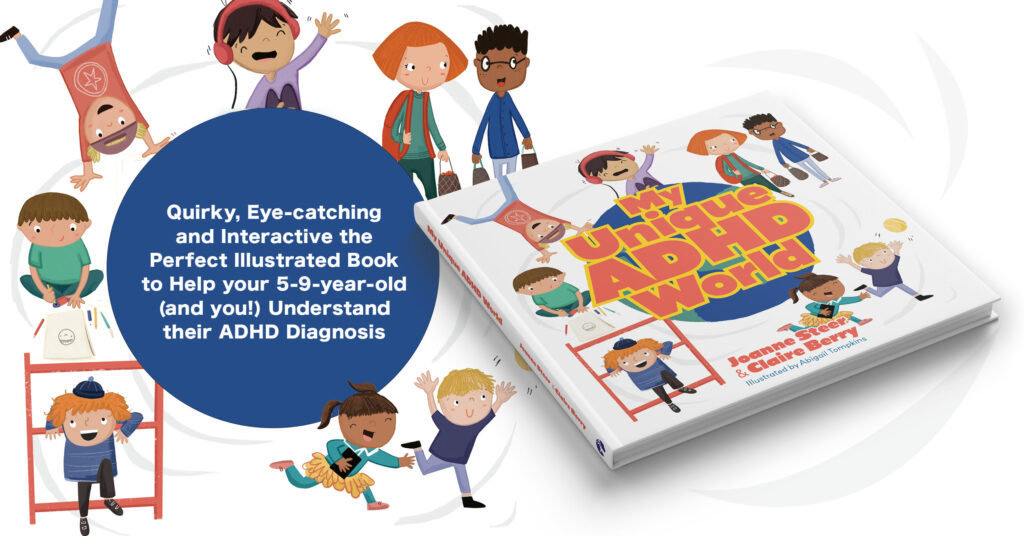How to talk to your child about their ADHD diagnosis.
How to navigate a conversation with your child, about their ADHD diagnosis. Written by co-author of ‘My Unique ADHD World’, Joanne Steer.

Following an assessment and diagnosis of Attention Deficit Hyperactivity Disorder (ADHD) in a child, many parents want support and advice on how to talk to their child about ADHD. It is important to see this conversation as ongoing and not a one off. As a child develops cognitively and emotionally they will be developing their sense of self, which will include their ADHD.
There is no right or wrong time to talk to a child about their ADHD, parents know their children best and therefore should make the decision. It’s important to be open and honest and certainly be mindful of who else knows about their ADHD, as you wouldn’t want them to find out from a teacher or another child. Some parents choose to start to talk to their child about ADHD before their assessment and others want to wait until the assessment is complete.
Initial conversations should be kept clear and simple. Many parents find it helpful to support the conversation with the use of visuals. My latest book, written with Claire Berry ‘My Unique ADHD World’ provides children with important information about ADHD alongside engaging artwork, alongside the opportunity to create their own doodles and notes about their own unique experiences.
A diagnosis of ADHD can help children understand their own challenges in a different way “my ADHD means that I find it hard to do things quietly so when my teacher asks me to work in silence I start humming or singing”. This new understanding gives everyone the opportunity to move away from previous explanations, which typically emphasise the child being naughty, lazy or stupid. Children with ADHD receive many negative messages about their behaviour and themselves. These new conversations about ADHD can be powerful moments to help the child understand their brain works a bit differently and this is not their fault.
It is also important to encourage reflection about the child’s strengths; what advantages does ADHD give them? “My ADHD means that I am brilliant at coming up with different ideas – I invent new games and really exciting stories that no one has ever thought of before”. It can be helpful to look together at some of the famous faces who have ADHD. The variety of people in the public eye who talk about their ADHD range from Olympians, sports stars, business leaders, actors, comedians and more. The genetics of ADHD means that there may also be important figures in the family who are just as, if not more inspirational. It can be helpful for a child to know they are not alone with ADHD. However, this does need to be balanced with an understanding that everyone is unique and that no two people with ADHD are the same, even in the same family.
Talk together about how you will work as a team with the child, key family members, teachers, doctors and other adults like sports coaches or club leaders. Together you will work out how to manage the challenges and celebrate the strengths of ADHD. The key message is that they are not alone and don’t need to be worried or scared and you are part of their Unique ADHD World.

To browse JKP Kids – our full range of books for children’s and teens, click here.